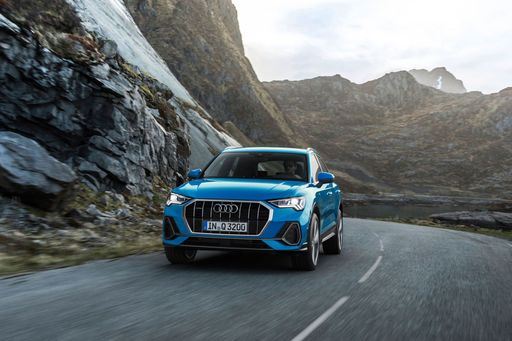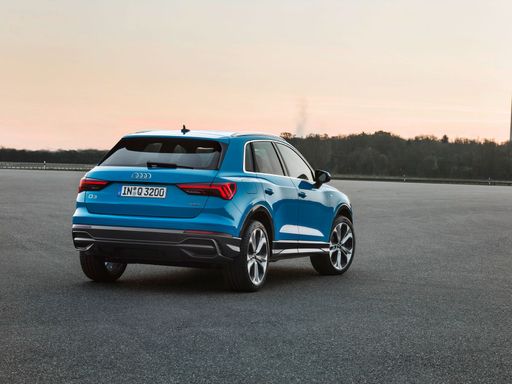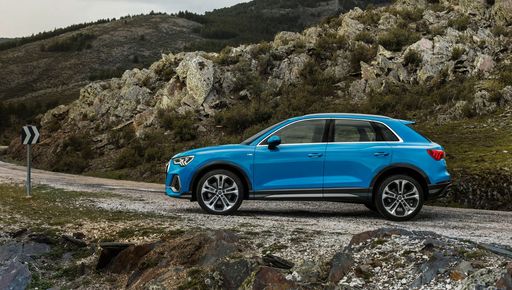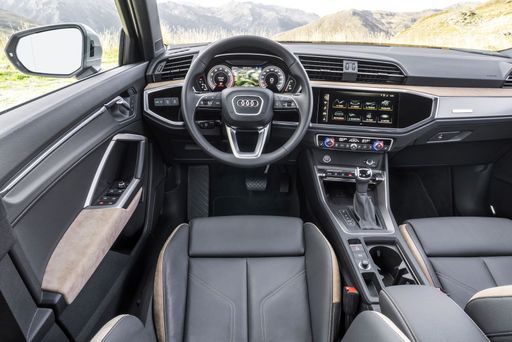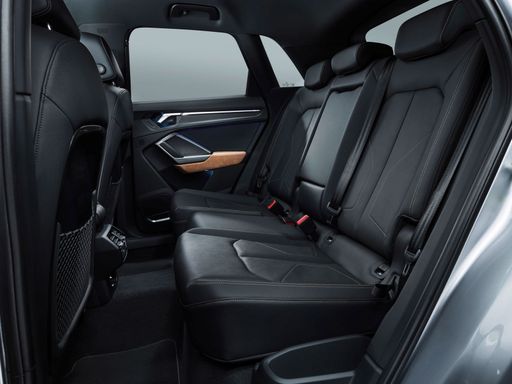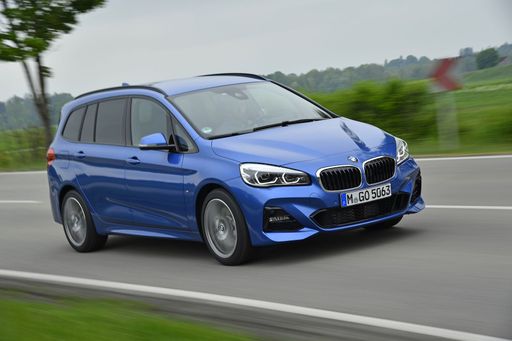Contenders of Elegance: Audi Q3 vs. BMW 2er Active Tourer
The automotive market in 2024 is increasingly competitive, with each brand striving to leave its mark via unique innovations and technical prowess. The Audi Q3 and the BMW 2er Active Tourer stand out as distinct contenders, each catering to different tastes and preferences. Let's dive into the nuances of these two remarkable models.

